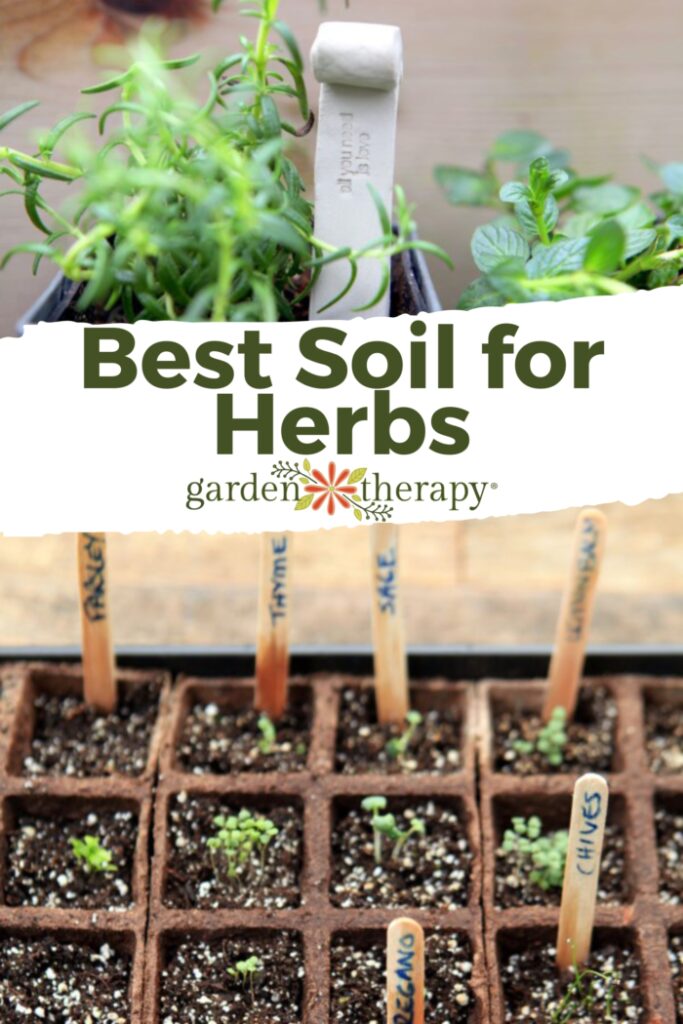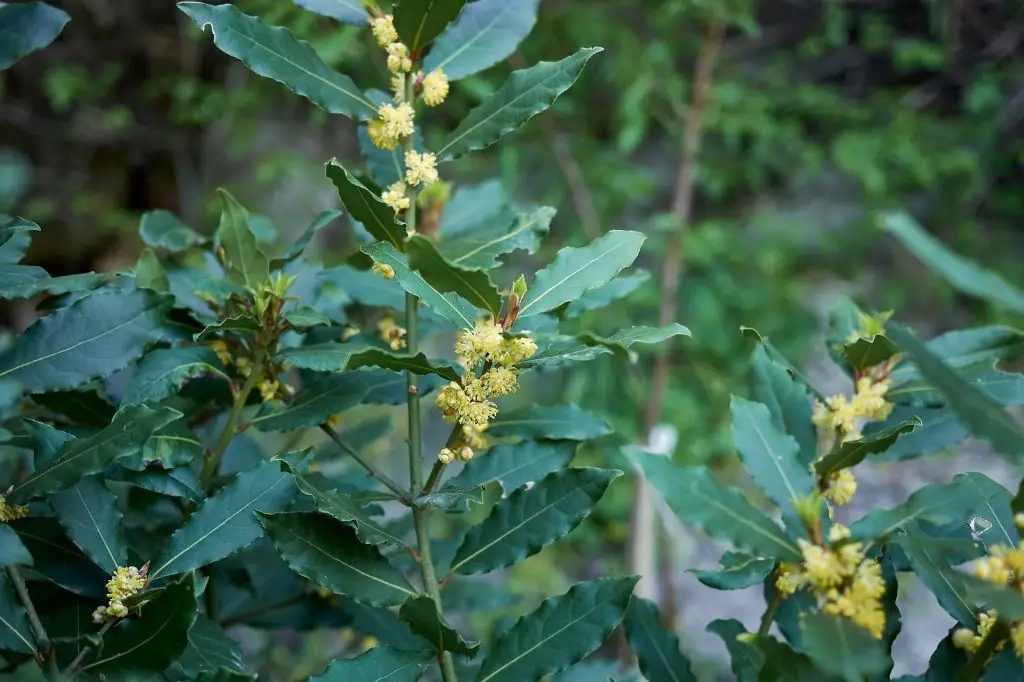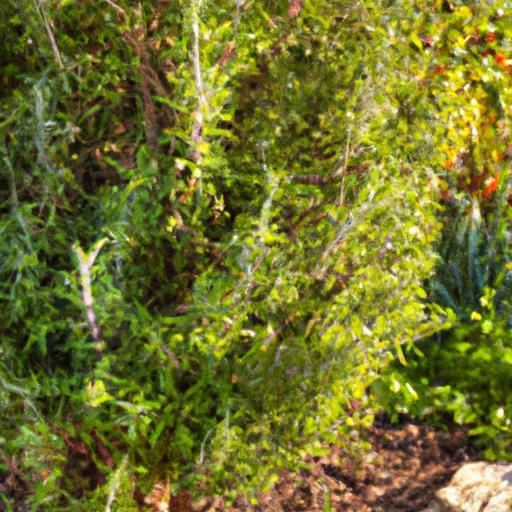A well-stocked supply of herbs is a dream come true for home chefs, herbal enthusiasts, and skincare aficionados alike. But achieving an abundance of herbs starts with one crucial element: the soil. In this article, we will guide you on how to create the best soil for your herbs using organic ingredients and essential nutrients.
What’s the Best Potting Soil for Outdoor Herbs?
Outdoor herbs thrive in the topsoil of your garden beds, which refers to the upper foot or so of soil. Similar to most plants, herbs require soil that is rich in nutrients. It should also retain moisture, meaning it can hold water effectively. Furthermore, the soil needs to be well-draining to prevent excessive water accumulation and avoid soggy conditions.
If you have heavy clay soil, you may need to improve its drainage. Consider adding gravel or sand and incorporating compost or other organic materials.
To enhance your top layer of soil, opt for garden soil specifically designed for in-ground plants. This type of soil is dense and heavy, making it ideal for plants in the ground. However, if you’re planning an outdoor container herb garden, an all-purpose potting mix will provide the necessary nutrients and retain moisture for your potted herbs. For starting herbs from seed, a seed-starting mix is recommended.
What’s the Best Potting Soil for Indoor Herbs?
The best soil for indoor herbs differs from the soil used for outdoor herbs. Indoor plants require a specific potting mix formulated to address their unique challenges.
Ideally, the best potting soil for indoor herbs should be lighter and have excellent moisture retention capabilities. Potted plants tend to dry up quickly, so it’s crucial to choose a soil that can retain moisture effectively. At the same time, the soil should be well-draining to prevent water accumulation.
It’s important to note that you can’t simply transfer garden soil indoors. Indoor herbs necessitate sterile soil to prevent infestation by critters from outside. Most soil ingredients, except for compost, lack active biology. Therefore, if you opt to use compost, it’s essential to sterilize it beforehand. This can be done by baking the compost in the oven at 180°F for 30 minutes. Alternatively, you can purchase sterilized compost from the market.
Fertilizer for Herbs
Unlike many of my garden plants, I refrain from applying fertilizer. Surprisingly, they obtain sufficient nutrients from the ground. Additionally, I prefer to let my garden naturally decompose in the fall, allowing for the accumulation of free organic material. In the spring, I provide a nutrient boost by adding compost rather than using fertilizer.
However, plants in containers or indoor settings don’t have the same advantages and may require some fertilizer to enhance their nutrient intake. It’s important to note that excessive fertilizer can cause herbs to grow too rapidly, potentially leading to a loss of flavor. Moreover, over-fertilization can harm the plant’s roots.
If you suspect that your soil lacks essential nutrients, conducting a soil test can help identify the specific deficiencies.
Soil pH for Herbs
The best soil for herbs tends to be slightly acidic to neutral, with a pH between 6 and 7, with a few exceptions. Adjusting the pH of your garden soil is rarely necessary unless the soil’s quality is considerably poor. Conducting a simple at-home soil test can help determine the acidity level of your soil.
Frequently Asked Questions About Soil and Herbs
More Posts About Herbs
- How to Dry Herbs + Herb Harvesting Tips
- How to Propagate Herbs
- What Are Herbs: Classifying Your Herbal Garden
- Which Herbs to Grow Indoors (and Which Ones Not To)




